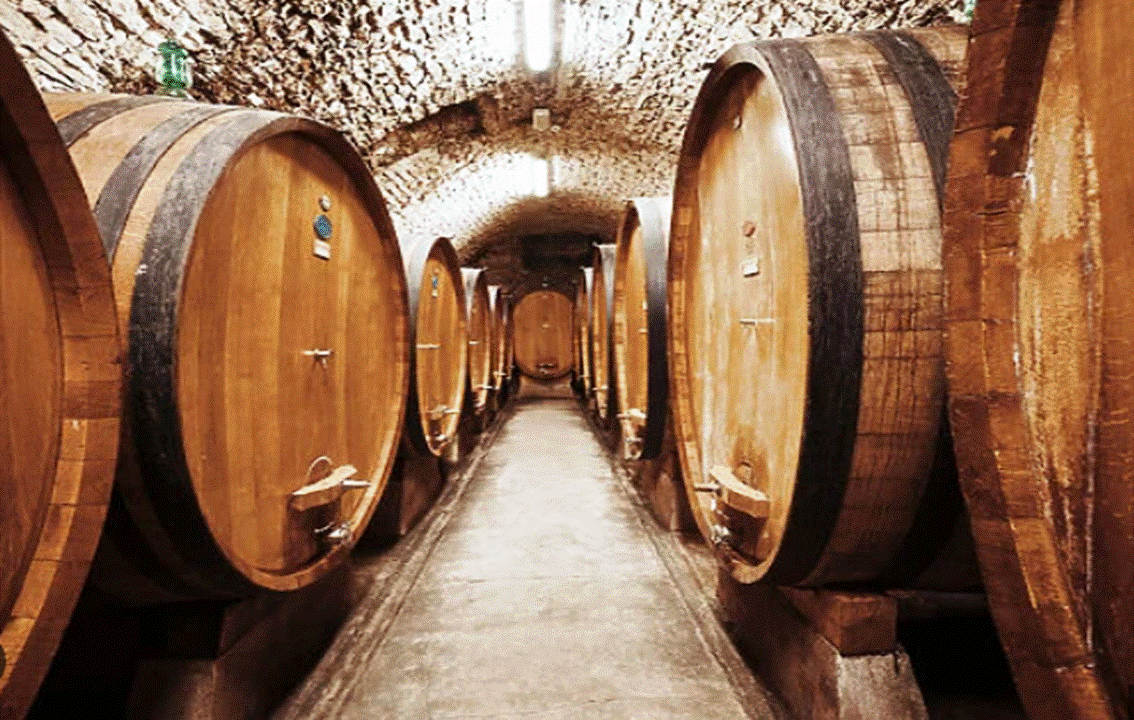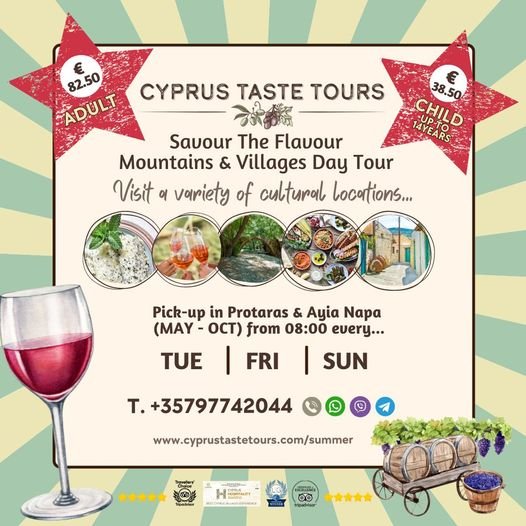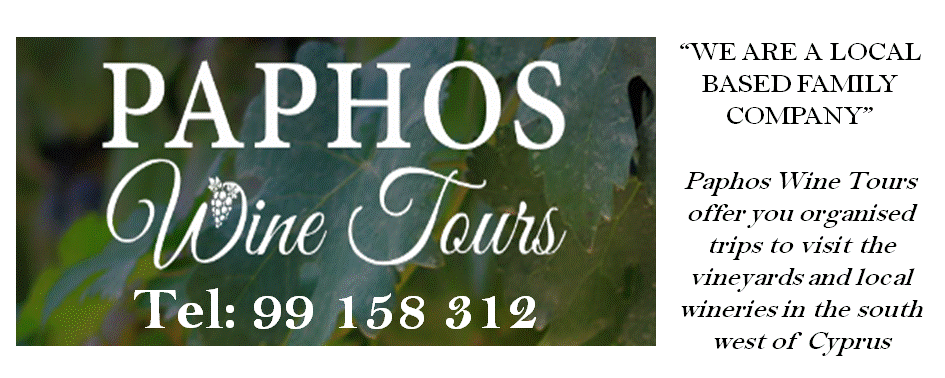CYPRUS VITICULTURE
6,000 YEARS OF HISTORY
Today, Cyprus has worldwide recognition for its viticulture, which is thought to have begun around 6,000 years ago. The island’s hot climate, fertile soil, and native grape varieties, contribute to the distinct characteristics of unique Cypriot wines and spirits. Today, there are a number of small independent boutique wineries that produce a wide range of all types of quality Cypriot wines. They co-exist with the four largest wineries on the island, which dominate the Cypriot wine making market on the island.



THE BIG FOUR
The larger wineries include ETKO which is still run by its founding family. ETKO is also the oldest wine producer on the island. Another is LOEL which was formed by a breakaway group of ETKO trade union members after repeated industrial action failures throughout World War 2. KEO which also produces the most popular local beer, was formed nearly one hundred years ago. The British owned Chaplin winery was purchased by a group of prominent local businessmen from Limassol and they decided to produce beer along with wines and spirits. SODAP was founded just after World War 2, by vine cultivators themselves. This co-operative focused its efforts on protecting the rights of the vine cultivators themselves. The SODAP company enabled these workers to create and then control their own product from the vineyard to the shop shelf.
INDIGENOUS GRAPE VARIETIES
Cyprus viticulture offers unique wine varieties and this is mainly because of its indigenous grape varieties. Cyprus has created unique wines and spirits for centuries, using these varieties. All Cypriot wine making bases its wines and spirits on the Maratheftiko, Xynisteri and Mavro grape varieties. The island’s wine palette is greatly enhanced when these varieties are blended with conventional grape varieties from all over the world.
THE MARATHEFTIKO GRAPE
The Maratheftiko grape variety is the oldest known grape variety on the island. It has a distinctive unique character that is used to create unique varieties of full bodied red wines. Due to its difficult cultivation, it is grown in sparse quantities mostly in the northern region of the Troodos mountain range. Maratheftiko requires co-planting with other varieties of grape in order to achieve fertilisation. This grape is not very resilient, so the yield produced from this grape is very low in comparison to other grape varieties. Maratheftiko wines are usually aged using oak. Maratheftiko is often blended with other red grape varieties, and this creates a drier overall wine. Cabernet or Carignan noir are the most popular wine varieties that are blended with Maratheftiko.
THE MAVRO GRAPE
The Mavro grape variety, meaning black takes its name from its rich dark colour of the grape. This grape variety is used to create several full bodied red wines and is the main grape used to create Zivania, which has no freezing point. This grape variety is also used to create the sweet desert wine Commandaria. This resilient grape is mainly cultivated on the southern slopes of the Troodos mountain range and is the dominant cultivated vine on the island for red wine production. Unlike most European vines, Mavro continues to grow on original ancient rootstock which is well suited to the hot Cypriot climate. Mavro wines are usually aged using oak and are blended with other red wine varieties such as Shiraz or Merlot noir to create a blend of drier wine varieties.
THE XYNISTERI GRAPE
The Xynisteri grape variety is used to create a number of light, crisp fresh white varieties of wine. This variety is also used in the production of Zivania and Commandaria and is also cultivated on the southern slopes of the Troodos mountain range. the Xynisteri grape is the dominant cultivated vine on the island for white wine production. Xynisteri wines are also aged using oak and are blended with other white wine varieties such as Riesling or Sauvignon Blanc to create a blend of drier wine varieties. Xynisteri wines are also blended with red varieties to produce rose wines known locally as Kokkinelli wines.
A FULL RANGE
Cypriot wine making on the island has expanded due to the introduction of European grape varieties. These new varieties have successfully been blended with the original three Cypriot grapes and this has expanded wine production on the island. Cyprus now offers a full range of unique quality wines. Locally produced rose options as well as sweet to dry red and white wines are readily available and recently, production of a new range of sparkling wines has also begun.






